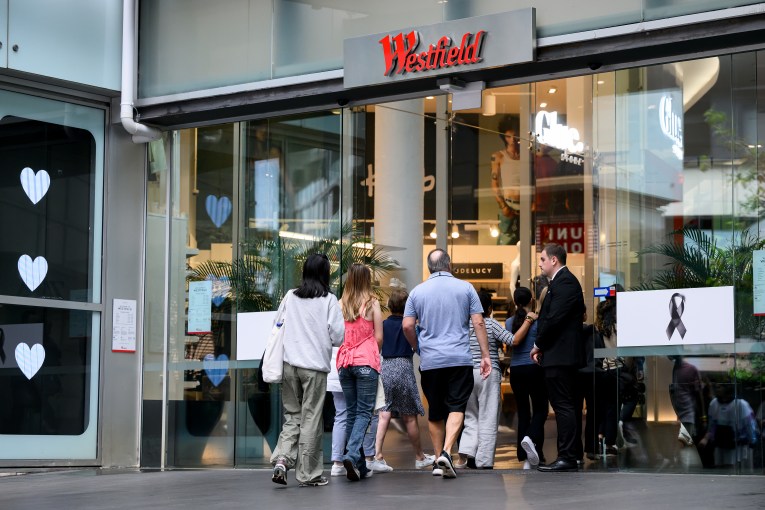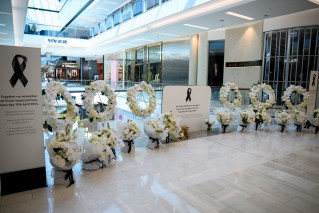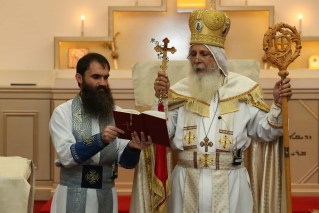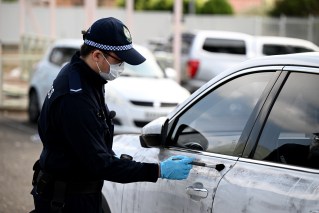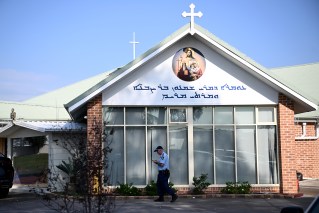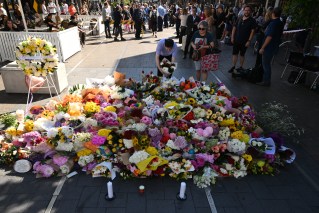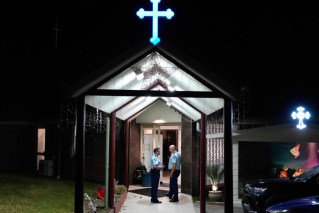NSW Muslims feel marginalised
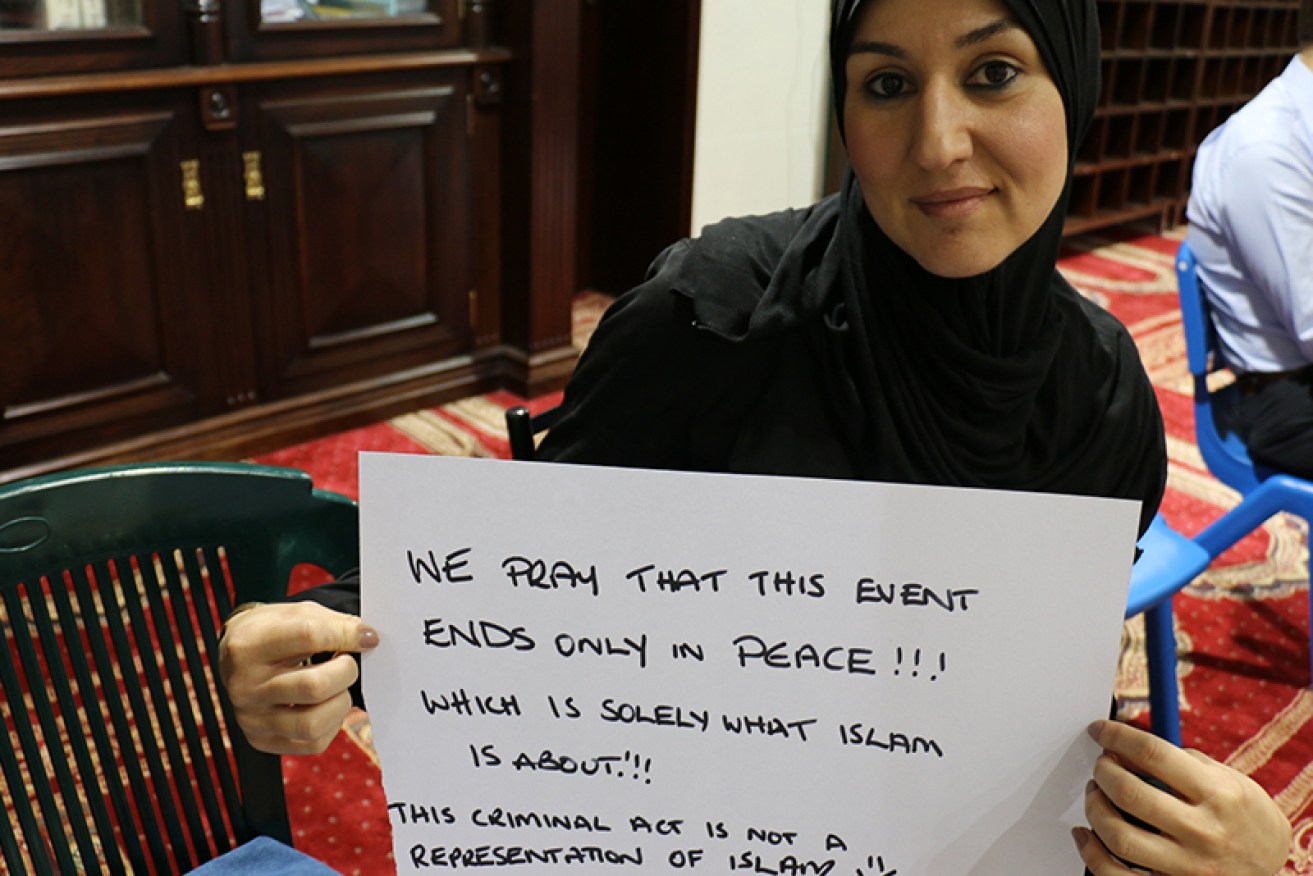
Attacks such as the Sydney siege have given Muslims in Sydney a bad name. Photo: AAP
Muslims in Sydney experience discrimination at three times the rate of other Australians, but most believe relations between Muslims and non-Muslims are friendly, a study has found.
Almost 600 Sydney Muslims were surveyed by the Western Sydney and Charles Sturt universities, and the Islamic Sciences and Research Academy.
Western Sydney University Professor Kevin Dunn, the report’s lead author, said the results were consistent with other studies that showed high rates of Islamophobia in Australia.
• Mufti’s Paris attacks response a ‘failure’
• Trump in more hot water over Muslims
• Terrorists could be among Syrian refugees: Bernardi
“Because of things that are happening in the world and the various representations of Muslims, and these are problematic, and it means that some people unfortunately feel more emboldened to say things and do things which are prejudicial and which are hurtful towards Muslims,” Professor Dunn said.
Ninety seven per cent of respondents agreed that it was a good thing for society to be made up of people from different cultures, compared to the average of all Australians of 87 per cent.
Some of the key findings of the study included:
- 57 per cent had experienced racism
- 62 per cent had experienced racism in the workplace or when seeking employment
- 1 in 10 Sydney Muslims had “very high” rates of exposure to racism
- 86 per cent believed relations between Australian Muslims and non-Muslims were friendly
- Unemployment was higher among those surveyed (8.5 per cent) than the general Sydney population (3.7 per cent)
Professor Dunn said most Sydney Muslims had a high sense of religiosity, or were strongly committed to their faith.
“That religiosity is positively associated with a sense of belonging to the country, and a sense that Islamic ways align with Australian norms,” he said.
“Those Muslims with stronger levels of religiosity have a stronger level of self-belonging in the country.”

Attacks such as the Sydney siege give Muslims in Sydney a bad name. Photo: AAP
Issues of concern for Sydney Muslims included education and employment.
“And these are the issues that most Australians worry about,” Professor Dunn said.
The majority of Australian Muslims in the study not only identified themselves as Australian but also felt a sense of belonging to Australia.
An even larger substantial majority indicated that it was important for their children to get fully accepted as Australians [90 per cent].
Two-thirds also indicated that they frequently mixed with non-Muslims in their social lives.
This challenged the assumption that Muslims self-segregate, Professor Dunn said.
The report will be released at the second Australasian Conference on Islam being held in Parramatta on Monday.
The conference’s keynote speaker is Georgetown University Professor John Esposito, the founding director of the Prince Alwaleed Bin Talal Center for Muslim-Christian Understanding.
He said discrimination could make young Muslims more vulnerable to radicalisation.
“One of the things that does wind up alienating some youth is the extent to which anti-Muslim and anti-Islamic diatribe, hate crimes, attacks on mosques make people feel alienated and marginalised from their societies,” he said.
“But I think a lot of it also has to do with western foreign policies.”
– ABC
